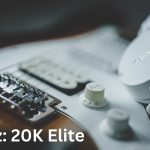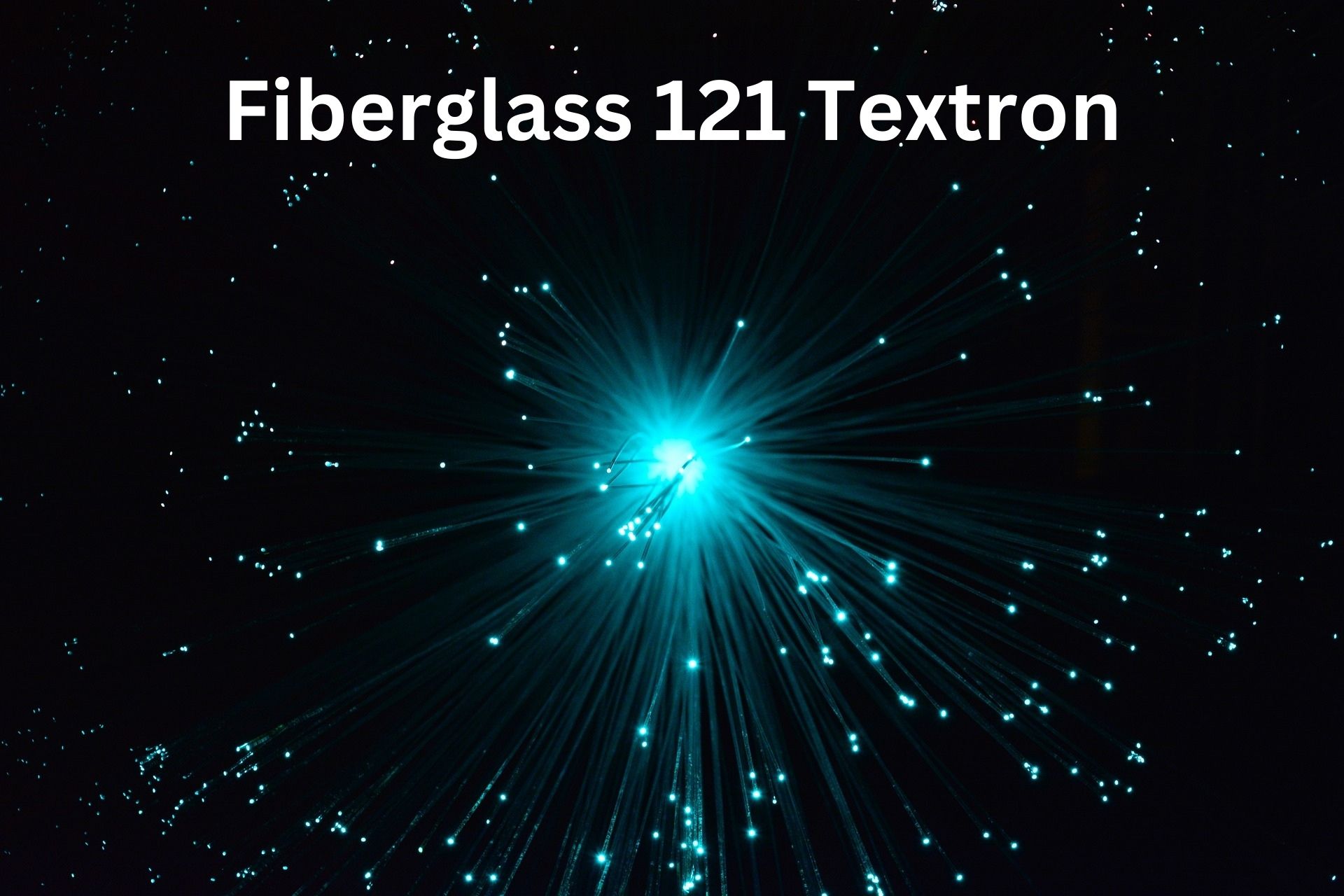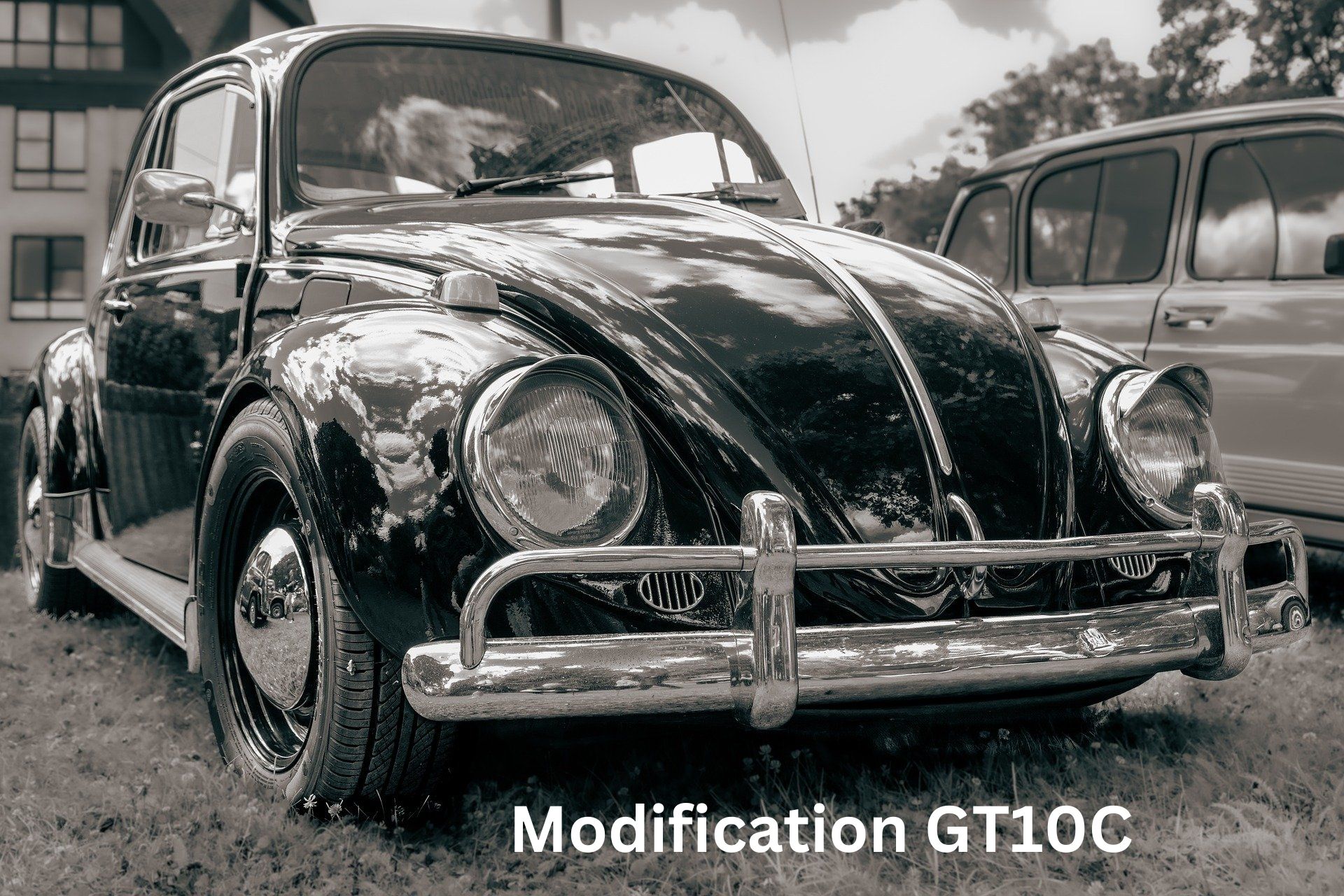Fiberglass 121 Textron has become a popular choice in various industries due to its exceptional strength, lightweight nature, and versatility. Whether you’re in automotive, aerospace, construction, or marine sectors, this advanced fiberglass solution offers numerous advantages. In this comprehensive guide, we’ll explore everything you need to know about Fiberglass 121 Textron, including its features, applications, benefits, and care tips.
Contents
- 1 What is Fiberglass 121 Textron?
- 2 Key Features of Fiberglass 121 Textron
- 3 How is Fiberglass 121 Textron Made?
- 4 Applications of Fiberglass 121 Textron
- 5 Advantages of Using Fiberglass 121 Textron
- 6 Limitations of Fiberglass 121 Textron
- 7 How to Care for Fiberglass 121 Textron Products
- 8 Choosing Fiberglass 121 Textron for Your Next Project
- 9 Conclusion
- 10 FAQs About Fiberglass 121 Textron
- 10.1 1. What makes Fiberglass 121 Textron different from regular fiberglass?
- 10.2 2. Can Fiberglass 121 Textron be used outdoors?
- 10.3 3. Is Fiberglass 121 Textron suitable for electrical insulation?
- 10.4 4. How do I clean Fiberglass 121 Textron?
- 10.5 5. What industries benefit the most from Fiberglass 121 Textron?
What is Fiberglass 121 Textron?
Fiberglass 121 Textron is a specialized composite material made from woven glass fibers and treated with a resin for enhanced durability and flexibility. Known for its high strength-to-weight ratio, this fiberglass variant is ideal for demanding applications where durability and lightweight properties are essential. Unlike standard fiberglass, the 121 Textron formulation is engineered to withstand extreme conditions, making it a go-to material in industries like automotive, construction, and aerospace.
Key Features of Fiberglass 121 Textron
Fiberglass 121 Textron stands out for several reasons, thanks to its unique properties:
- High Strength and Lightweight: This material is incredibly strong while remaining lightweight, which is perfect for applications that require robust yet lightweight components.
- Corrosion Resistance: It does not corrode when exposed to moisture or chemicals, offering a longer lifespan than metals like steel or aluminum.
- Thermal Stability: Fiberglass 121 Textron maintains stability at high temperatures, making it suitable for heat-sensitive applications.
- Cost-Effective Solution: It strikes a balance between affordability and performance, offering a cost-efficient alternative to metals and other composite materials.
How is Fiberglass 121 Textron Made?
The production process of Fiberglass 121 Textron involves weaving ultra-fine glass fibers into a flexible fabric. These fibers are then impregnated with a resin that provides additional strength and flexibility. The composite is layered and cured, resulting in a tough, durable fabric that can be molded into various shapes and sizes to suit specific industrial needs. The tightly bonded layers contribute to its exceptional durability and performance.
Applications of Fiberglass 121 Textron
Fiberglass 121 Textron’s versatility allows it to be used across multiple industries. Here are some of its common applications:
1. Automotive Industry
Fiberglass 121 Textron is used in car bodies, hoods, and frames due to its lightweight and high-strength properties. Its resistance to corrosion also makes it ideal for vehicle components exposed to harsh conditions, such as saltwater and road debris.
2. Aerospace Sector
The aerospace industry relies on Fiberglass 121 Textron for its lightweight and thermally stable properties. It is often used in aircraft components to reduce weight and enhance fuel efficiency without compromising on strength.
3. Construction Projects
In construction, this material is used for roofing panels, insulation, and other building materials that require durability and environmental resistance. Its corrosion-resistant nature makes it suitable for structures exposed to moisture.
4. Marine Applications
Fiberglass 121 Textron is a popular choice in the marine industry, especially for boat hulls and other watercraft components. Its resistance to water and salt ensures longevity and durability, even in challenging marine environments.
5. Electrical Insulation
The insulating properties of Fiberglass 121 Textron make it ideal for electrical applications where safety and efficiency are crucial. It is often used for insulating transformers, circuit boards, and other electrical components.
Advantages of Using Fiberglass 121 Textron
Why choose Fiberglass 121 Textron over other materials? Here are the top benefits:
- Durability: Designed to withstand heavy-duty use, Fiberglass 121 Textron is ideal for both indoor and outdoor applications.
- Eco-Friendly: The material’s long lifespan means less frequent replacements, reducing environmental waste.
- Energy Efficiency: Its insulating properties can contribute to lower energy costs in buildings or electrical setups.
- Ease of Molding: It can be easily shaped and molded, making it versatile for a wide range of design applications.
- Low Maintenance: Fiberglass 121 Textron requires minimal maintenance, reducing the total cost of ownership over its lifecycle.
Limitations of Fiberglass 121 Textron
Despite its numerous benefits, Fiberglass 121 Textron has some limitations:
- Higher Cost: While cost-effective compared to metals, it may still be pricier than some alternative materials.
- UV Sensitivity: Prolonged exposure to UV rays can weaken the material, necessitating protective coatings.
- Brittleness Over Time: Although durable, it can become brittle when exposed to harsh environmental factors over long periods.
How to Care for Fiberglass 121 Textron Products
Proper maintenance can extend the life of Fiberglass 121 Textron products. Here are some care tips:
- Regular Cleaning: Use mild soap and water to clean surfaces, avoiding harsh chemicals that could degrade the material.
- UV Protection: Apply a UV-resistant coating if the material is used outdoors to protect it from sun damage.
- Inspect for Cracks: Regularly inspect for cracks or chips. Addressing small damages promptly can prevent more significant issues.
Choosing Fiberglass 121 Textron for Your Next Project
If you’re considering materials for a new project, Fiberglass 121 Textron should be at the top of your list. Whether you need it for automotive parts, aerospace components, or building materials, its combination of strength, flexibility, and cost-efficiency makes it a smart choice. Be sure to consult with a specialist to determine if it fits your specific requirements.
Conclusion
Fiberglass 121 Textron is a high-performance material that brings numerous benefits to various industries. Its exceptional strength, resistance to corrosion, and lightweight properties make it ideal for applications in automotive, aerospace, construction, and beyond. While there are some limitations, such as sensitivity to UV rays and potential brittleness, these can be managed with proper care and maintenance.
FAQs About Fiberglass 121 Textron
1. What makes Fiberglass 121 Textron different from regular fiberglass?
Fiberglass 121 Textron is formulated for enhanced strength and flexibility, making it suitable for high-stress applications like aerospace and automotive industries.
2. Can Fiberglass 121 Textron be used outdoors?
Yes, but it may require a UV-resistant coating to prevent weakening from prolonged sun exposure.
3. Is Fiberglass 121 Textron suitable for electrical insulation?
Absolutely. Its excellent insulating properties make it a popular choice in electrical applications.
4. How do I clean Fiberglass 121 Textron?
Use a mild soap and water solution to keep it clean. Avoid abrasive cleaners that may scratch the surface.
5. What industries benefit the most from Fiberglass 121 Textron?
Industries like automotive, aerospace, construction, marine, and electrical benefit significantly from its unique properties.











